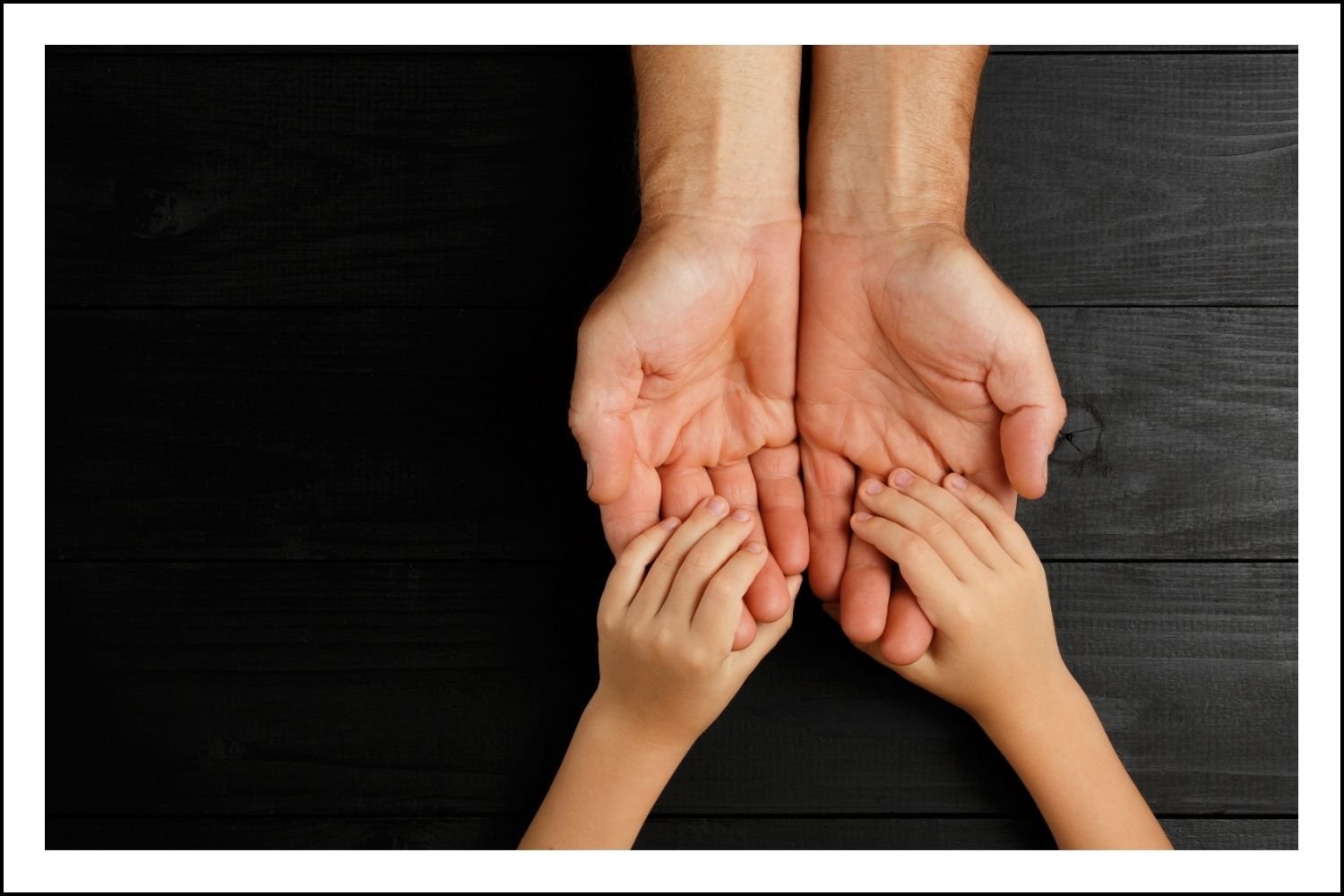How Does Childhood Trauma Affect You as an Adult?
Childhood is meant to be a time of joy, discovery, and security. Unfortunately, for many, it can also be marked by trauma. Understanding how these early experiences shape us as adults is crucial for healing and personal growth. In this post, we’ll explore what childhood trauma is, its long-term effects, and how trauma therapy can help adults reclaim their lives.
What is Childhood Trauma?
Childhood trauma refers to distressing experiences that occur during formative years, including abuse, neglect, or witnessing violence. Common types include physical, emotional, and sexual abuse, as well as familial instability and community violence. Each of these can leave deep emotional scars that affect a person throughout their life.
How Common is Childhood Trauma?
Statistics reveal a staggering reality: approximately 1 in 4 children experience some form of trauma. This prevalence highlights the importance of awareness and understanding, as many adults may be grappling with the effects of their childhood experiences without even realizing it.
The Psychological Impact of Childhood Trauma
Emotional and Mental Health Effects
The emotional fallout from childhood trauma varies for each individual, but it can be severe. Many adults may struggle with anxiety, depression, or PTSD, often stemming from unresolved childhood experiences. These mental health issues can create a cycle of distress that feels inescapable, impacting every aspect of life.
Cognitive Development
Trauma doesn’t just affect our emotions; it can also impair cognitive functions. Many individuals experience difficulties with learning, memory, and decision-making, making everyday tasks feel overwhelming. This cognitive impact can hinder personal and professional growth, leading to frustration and a sense of inadequacy.
The Physical Impact of Childhood Trauma
Long-term Health Consequences
The body keeps the score—literally. Adults with a history of childhood trauma may face chronic illnesses and a weakened immune system. Research shows that trauma can lead to long-term health issues such as heart disease, obesity, and autoimmune disorders.
Stress Response System
Trauma can alter how our bodies respond to stress. The stress response system, which should help us react to threats, can become hyperactive or dysfunctional in those who have experienced trauma. This dysregulation can lead to heightened anxiety or emotional numbness, impacting both mental and physical health.
Behavioural Consequences of Childhood Trauma
Relationship Patterns
One of the most significant ways trauma manifests in adulthood is through relationships. Many individuals struggle to form and maintain healthy connections, often repeating patterns of dysfunction that stem from their past. Fear of abandonment, trust issues, and difficulties with intimacy can create barriers to fulfilling relationships.
Risky Behaviours
Additionally, adults who experienced childhood trauma may engage in risky behaviours such as substance abuse or self-harm. These maladaptive coping strategies are often attempts to escape emotional pain, yet they can lead to further issues and complicate the healing process.
Coping Mechanisms and Their Effectiveness
Adaptive vs Maladaptive Coping Strategies
Coping mechanisms are essential for dealing with stress, but not all strategies are healthy. Adaptive coping, such as seeking support, challenging our unhelpful belief systems, or practicing mindfulness, can lead to positive outcomes. In contrast, maladaptive strategies often exacerbate problems, leading to a cycle of pain and unhealthy behaviours.
The Role of Therapy in Developing Healthy Coping Mechanisms
This is where therapy comes in. A trauma therapist can guide individuals toward healthier coping strategies, breaking the cycle of maladaptive behaviours and fostering resilience.
Trauma Therapy For Adults
Benefits of Trauma Therapy
Trauma therapy offers a safe space to process painful experiences. It can help individuals understand their trauma's impact, develop coping skills, and work toward healing.
Therapeutic Approaches
Cognitive Behavioral Therapy (CBT), Cognitive Processing Therapy (CPT), and psychoeducation on trauma’s effects on the brain are powerful tools in trauma therapy. CBT helps clients identify and reframe negative thought patterns that trauma often creates. At the same time, CPT goes deeper, guiding clients to process traumatic memories and reshape beliefs about themselves and the world. Psychoeducation empowers clients by explaining how trauma changes brain function—like keeping the body in “fight or flight” mode—which can normalize symptoms and reduce self-blame. Together, these approaches support clients in regaining control, reducing distress, and building resilience for long-term healing.
Frequently Asked Questions
Can childhood trauma be completely healed?
While some effects may linger, many individuals find significant relief and healing through therapy. It’s a journey, and with the right support, progress is possible.
How can you support a loved one dealing with childhood trauma?
Being a supportive friend or family member involves listening without judgment, encouraging them to seek help, and educating yourself about trauma's effects. And if you are the person who is dealing with trauma, the same thing applies - don’t judge yourself, instead gently nudge yourself to get some help.
What are the signs that someone might need trauma therapy?
Signs can include withdrawal from social situations, increased anxiety or mood swings, difficulty concentrating, or engaging in risky behaviours. If you notice these signs, in yourself or a loved one, it may be time to explore professional help.
Want to learn more about getting help?
Healing from the effects of childhood trauma is possible. At Therapy Place of Oakville, we’re here to answer your questions about trauma therapy for adults. When you’re ready, book a free consultation with us and take the first step toward reclaiming your life.

